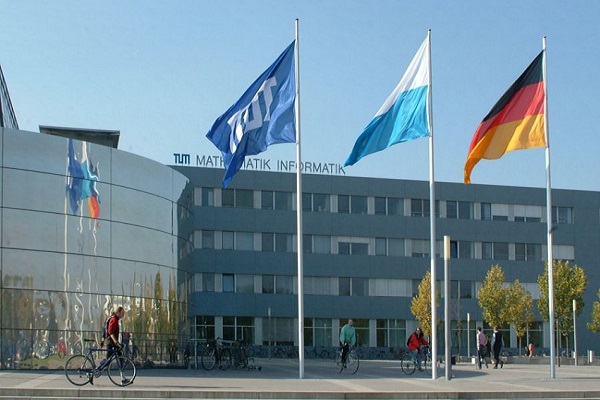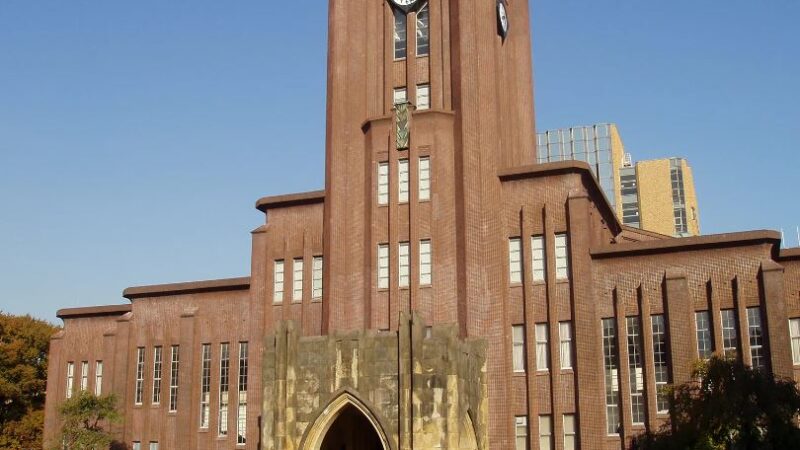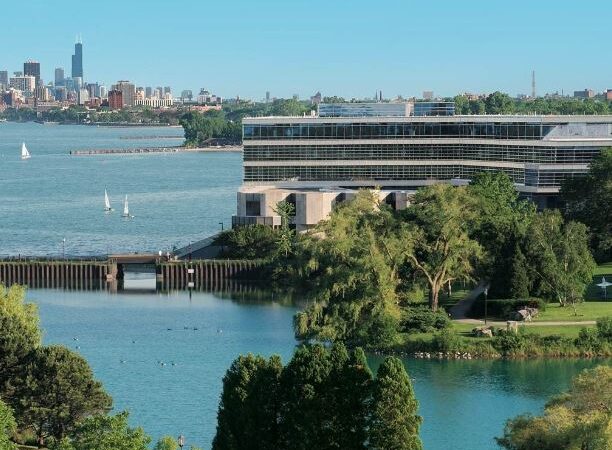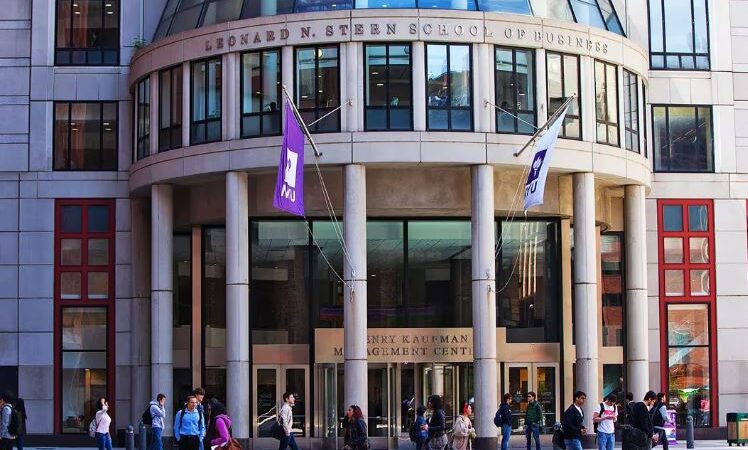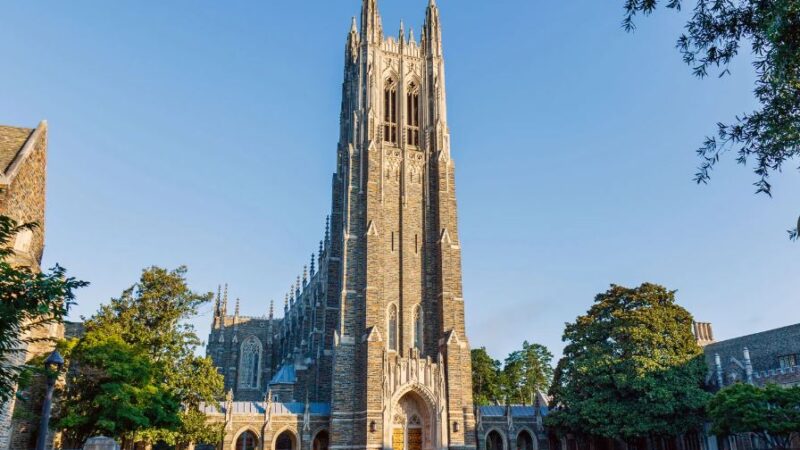The University of Cambridge: A Legacy of Excellence and Innovation
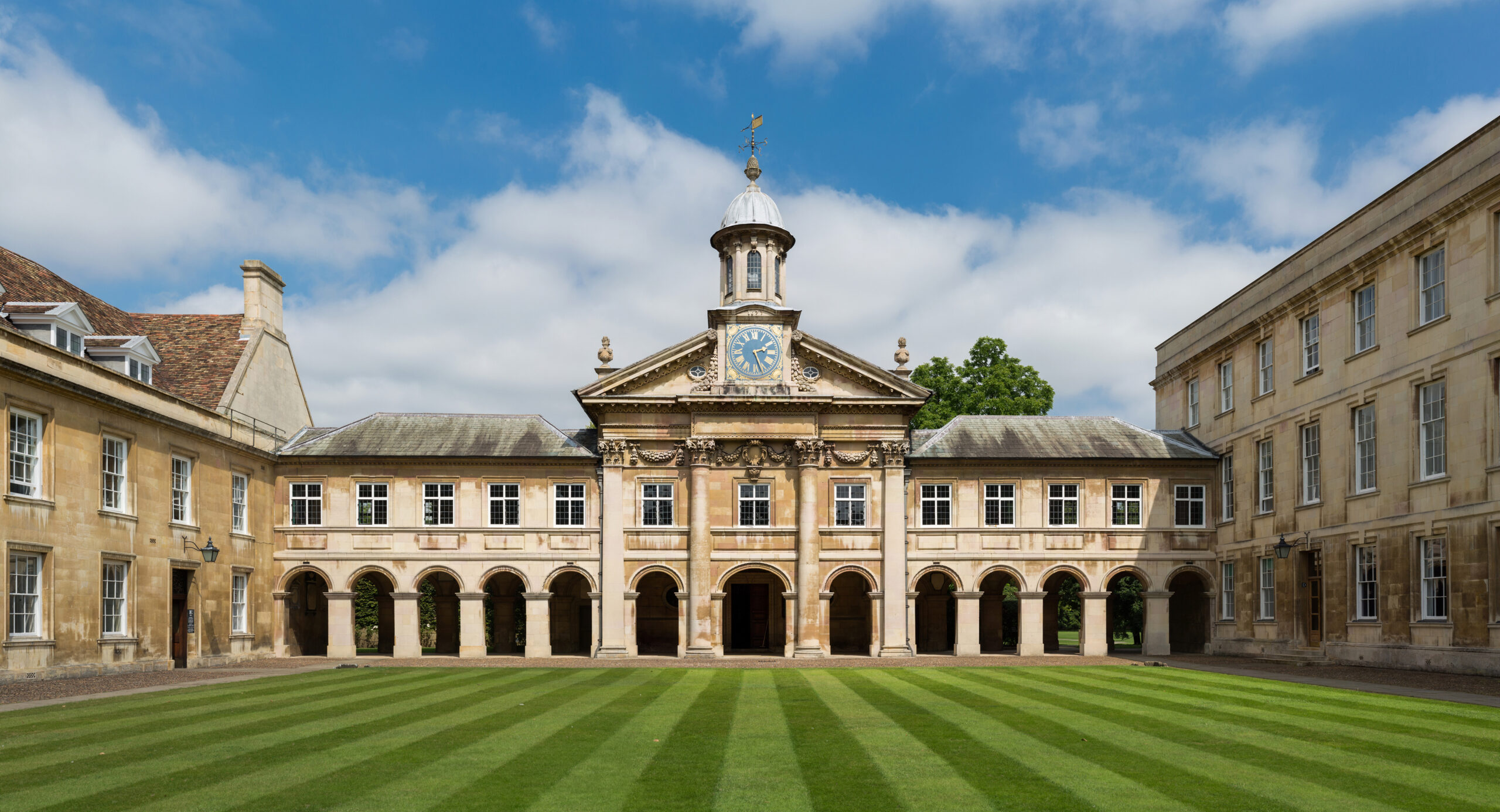
Introduction
The University of Cambridge, often simply referred to as Cambridge University, stands as one of the most prestigious and renowned academic institutions in the world. Located in Cambridge, England, the university has a rich history that spans over eight centuries, a legacy that has profoundly influenced global education, research, and culture. This article explores the multifaceted dimensions of Cambridge University, including its history, academic structure, notable alumni, contributions to research, cultural impact, and future directions.
Historical Background
Founded in 1209, the University of Cambridge is the second-oldest university in the English-speaking world, following the University of Oxford. Its inception was rooted in a series of events involving a group of scholars who fled Oxford after a conflict with local townspeople. These scholars settled in Cambridge and established an academic community that would grow to become one of the world’s leading universities.
The early years of Cambridge were marked by religious influences, with the university initially focusing on theology and philosophy. The establishment of the first college, Peterhouse, in 1284 by Hugh de Balsham, Bishop of Ely, marked the beginning of a collegiate system that has since expanded to 31 autonomous colleges. Each college operates independently, managing its own affairs while being part of the larger university framework.
Academic Structure
The University of Cambridge’s academic structure is unique, combining the traditional collegiate system with modern faculties and departments. The colleges are residential and academic communities where students live, eat, and receive personal tutoring. This system fosters a close-knit environment, promoting individualized attention and a strong sense of community.
Academically, the university is divided into six schools: Arts and Humanities, Humanities and Social Sciences, Biological Sciences, Physical Sciences, Clinical Medicine, and Technology. These schools encompass various faculties, departments, and research centers that offer a wide range of undergraduate and postgraduate programs.
Arts and Humanities
The School of Arts and Humanities at Cambridge is renowned for its rigorous programs in literature, history, languages, and philosophy. The Faculty of English, for instance, has produced numerous distinguished writers and scholars, including C.S. Lewis and E.M. Forster. The university’s emphasis on critical thinking and analytical skills in the humanities fosters intellectual growth and a deep understanding of human culture and history.
Humanities and Social Sciences
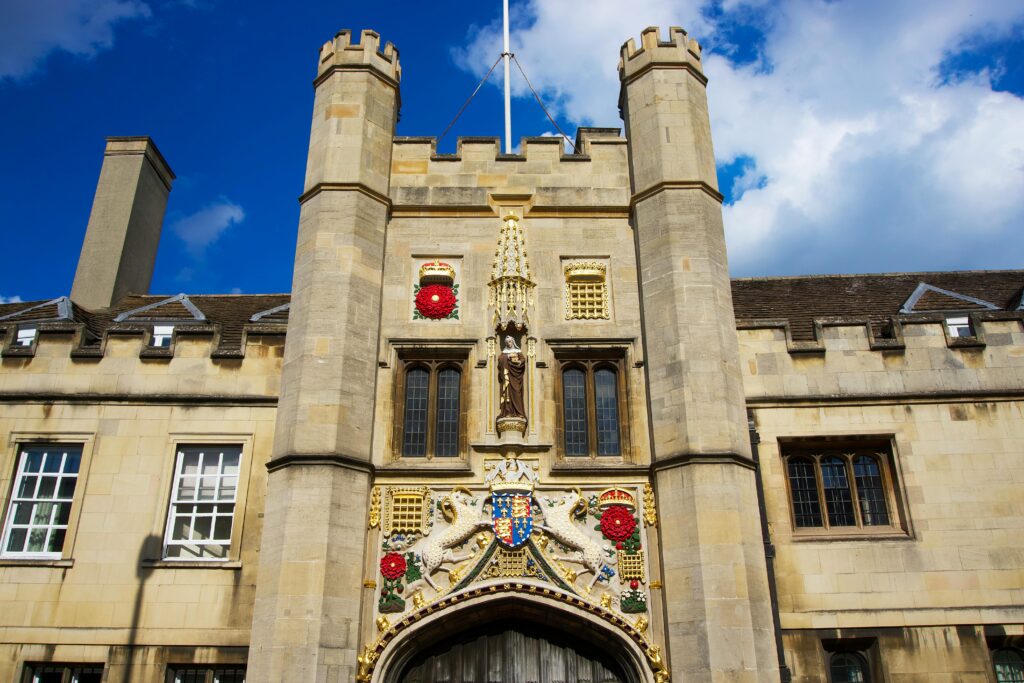
The School of Humanities and Social Sciences covers disciplines such as law, politics, economics, sociology, and anthropology. The Faculty of Law, established in the 13th century, is one of the oldest in the world and has played a pivotal role in shaping legal education and practice. The university’s Department of Politics and International Studies is also highly regarded, attracting scholars and students interested in understanding global political dynamics.
Biological Sciences
Cambridge’s School of Biological Sciences includes departments such as Zoology, Plant Sciences, Genetics, and Biochemistry. The university’s contributions to biological research are significant, with groundbreaking discoveries in genetics, evolutionary biology, and neuroscience. The Cambridge Biomedical Campus is a hub for medical research and innovation, housing institutions like the Medical Research Council (MRC) Laboratory of Molecular Biology.
Physical Sciences
The School of Physical Sciences at Cambridge encompasses disciplines like physics, chemistry, earth sciences, and mathematics. The Cavendish Laboratory, the Department of Physics, has been a site of major scientific breakthroughs, including the discovery of the electron by J.J. Thomson and the structure of DNA by James Watson and Francis Crick. The Department of Applied Mathematics and Theoretical Physics is another pillar of the university’s scientific excellence, known for its contributions to mathematical research and applications.
Clinical Medicine
The School of Clinical Medicine is at the forefront of medical education and research. Cambridge’s medical program is highly competitive, training future doctors and researchers who contribute to advancements in healthcare. The university’s partnerships with leading hospitals and research institutions provide students with hands-on experience and opportunities to engage in cutting-edge medical research.
Technology
The School of Technology includes the Department of Engineering, the Department of Computer Science and Technology, and the Judge Business School. Cambridge’s engineering department is one of the largest and most comprehensive in Europe, offering programs that cover various engineering disciplines. The Department of Computer Science and Technology is known for its pioneering work in artificial intelligence, machine learning, and cybersecurity. The Judge Business School provides world-class business education, emphasizing entrepreneurship, innovation, and leadership.
Notable Alumni
The University of Cambridge boasts an impressive list of alumni who have made significant contributions across various fields. Some of the most notable include:
- Sir Isaac Newton: A towering figure in the history of science, Newton’s work in physics and mathematics laid the foundations for classical mechanics and calculus. His groundbreaking book, “Philosophiæ Naturalis Principia Mathematica,” is considered one of the most important scientific works ever written.
- Charles Darwin: The father of evolutionary biology, Darwin’s theory of natural selection revolutionized our understanding of life on Earth. His seminal work, “On the Origin of Species,” remains a cornerstone of biological science.
- Stephen Hawking: A theoretical physicist and cosmologist, Hawking’s research on black holes and the nature of the universe has had a profound impact on our understanding of cosmology. His popular science book, “A Brief History of Time,” brought complex scientific concepts to a wider audience.
- Rosalind Franklin: A pioneering scientist in the field of molecular biology, Franklin’s work on X-ray diffraction was crucial to the discovery of the DNA double helix structure. Her contributions to science have been increasingly recognized in recent years.
- John Maynard Keynes: An influential economist, Keynes’ ideas on government intervention in the economy during times of recession transformed modern economic policies. His work during the Great Depression laid the groundwork for what would become Keynesian economics.
- Alan Turing: A mathematician and logician, Turing is considered the father of computer science and artificial intelligence. His work on the Turing machine and code-breaking during World War II had a lasting impact on the development of modern computing.
These individuals represent just a fraction of Cambridge’s distinguished alumni, who collectively have advanced knowledge, culture, and society in myriad ways.
Contributions to Research
The University of Cambridge’s commitment to research excellence is evident in its numerous contributions to science, technology, humanities, and social sciences. Cambridge researchers have been at the forefront of many significant discoveries and innovations.
Scientific Breakthroughs
- DNA Structure: In 1953, James Watson and Francis Crick, working at the Cavendish Laboratory, discovered the double helix structure of DNA. This groundbreaking discovery revolutionized the field of genetics and laid the foundation for modern molecular biology.
- Quantum Mechanics: Cambridge physicists have made significant contributions to the development of quantum mechanics. Paul Dirac, a Cambridge alumnus, formulated the Dirac equation, which describes the behavior of fermions and predicted the existence of antimatter.
- Graphene: In 2004, Andre Geim and Konstantin Novoselov, while at the University of Manchester, but with ties to Cambridge, isolated graphene, a single layer of carbon atoms with remarkable properties. This discovery has opened up new possibilities in materials science and nanotechnology.
Technological Innovations
- Computing: The University of Cambridge has played a pivotal role in the development of modern computing. The EDSAC (Electronic Delay Storage Automatic Calculator), one of the earliest stored-program computers, was built at Cambridge in the 1940s. The university continues to be a leader in computer science research.
- Artificial Intelligence: Cambridge researchers have made significant advances in artificial intelligence and machine learning. The university’s Department of Computer Science and Technology is a hub for AI research, contributing to developments in natural language processing, robotics, and data science.
Humanities and Social Sciences
- Economic Theory: John Maynard Keynes, a Cambridge economist, developed theories that transformed modern economics. His ideas on government intervention and fiscal policy continue to influence economic policies worldwide.
- Historical Research: Cambridge historians have made substantial contributions to our understanding of world history. The university’s historians have produced influential works on topics ranging from ancient civilizations to modern political history.
Cultural Impact
The cultural impact of the University of Cambridge extends far beyond academia. The university has been a cultural hub, influencing literature, art, music, and social movements.
Literature and Art
Cambridge has nurtured many literary figures who have left an indelible mark on English literature. Alumni such as Christopher Marlowe, John Milton, and Sylvia Plath have produced works that are celebrated for their artistic and intellectual depth. The university’s literary culture is vibrant, with numerous societies and events that encourage creative expression.
Music
Cambridge has a rich musical tradition, with many alumni achieving prominence in the field of music. The university’s choral tradition, particularly through the choirs of King’s College and St John’s College, is world-renowned. These choirs have produced recordings that are acclaimed for their musical excellence.
Social Movements
The University of Cambridge has been a center for social and political thought, contributing to various social movements. The university’s intellectual environment has fostered debates and discussions that have influenced social change. For example, the suffrage movement and the anti-apartheid movement in the UK had significant support from Cambridge scholars and students.
Future Directions
As the University of Cambridge looks to the future, it remains committed to maintaining its legacy of excellence while addressing contemporary challenges. The university is focused on expanding its global reach, fostering interdisciplinary research, and promoting sustainability.
Global Reach
Cambridge is enhancing its global presence through partnerships with leading institutions worldwide. The university’s international collaborations facilitate the exchange of knowledge and promote cross-cultural understanding. Cambridge’s global initiatives aim to address global challenges such as climate change, public health, and social inequality.
Interdisciplinary Research
The complexity of modern problems requires interdisciplinary approaches. Cambridge is fostering collaboration across disciplines to drive innovation and solve pressing issues. Initiatives such as the Cambridge Neuroscience Interdisciplinary
